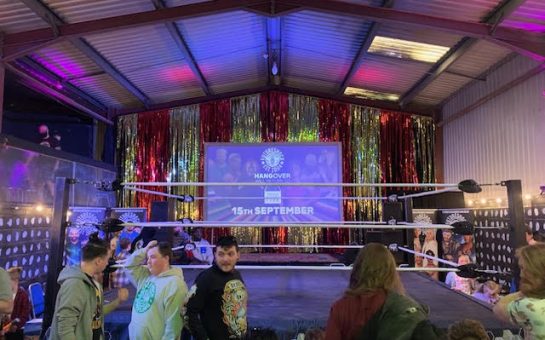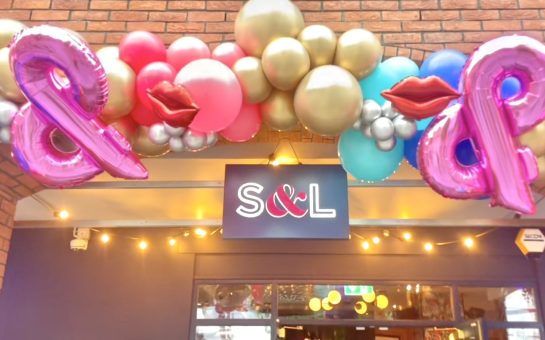An inspirational Manchester nurse could save 25,000 lives with five years of tireless campaigning to educate and recruit more than 3,000 South Asian organ donors.
The hard work of Indian-born Agimol Pradeep, of Manchester Royal Infirmary, has the potential to save so many as each donor can provide up to nine body parts – their liver, two kidneys, pancreas, heart and various tissues.
Historically, there has been a lack of South Asian organ donors due to misinformation and religious belief.
As a result patients of Asian decent often had to wait three times longer than the general population to receive a potentially life-saving donation.
This wait put thousands of people at risk because Asian people are three to four times more likely to need a kidney transplant due to their susceptibility to Type 2 Diabetes.
Despite her phenomenal efforts, Agimol doesn’t think she deserves the credit for the rise in donations.
She told MM: “It’s been a blessing but I’ve just been an instrument for the cause. The credit must go to those on the waiting list who enlightened and inspired me to go on this journey.
“I feel happy and blessed rather than proud.”
Organ donations and transplants are major issues for the NHS – every day three people die while waiting for a transplant and it costs £35,000 per year to keep one patient on dialysis.
The nurse first became aware of the problem when she started working as an organ transplant coordinator in 2010.
She noticed many Asians on the list becoming suspicious when they saw white patients receiving transplants before them.
Ms Pradeep said: “They would ask me ‘is it because I’m not white that I’m not getting a transplant?’ They thought there was some sort of waiting trick or waiting game that was disadvantaging them because of their ethnicity.”
Agimol’s lack of awareness about the situation made it difficult for her to comfort the disgruntled patients.
“At the time I didn’t have the detailed answers to their questions so I started looking into it and I got lots of information on how the process works so I could explain to them what was happening,” she said.
“It wasn’t the NHS discriminating against them; it was our communities failing to donate enough organs.”
This observation inspired Agimol’s subsequent research.
“ I knew I had to do something or there would continue to be a negative portrayal of the NHS and we wouldn’t be able to save lives,” she added.
Agimol set about increasing organ donations as part of her PhD at the University of Salford.
Her project, Increasing Organ Donation from the North West South Asian Community through Targeted Education, has also benefited communities across the country.
Misinformation and religious suspicion were the biggest barriers to success, according to Agimol, who initially had to win the trust of local Asian communities.
She said: “Opposition to organ donation is clearly a misinterpretation of religion. No religions are against organ transplant or donation – they all promote helping communities.
“In the past some religious leaders misread or misinterpreted the religious books, and that was a particular problem with Muslims.”
Thanks to her community centred education programs Agimol has managed to reverse this initial opposition and scepticism.
“Now people are more open to the topic. Religious leaders were scared at the beginning of our program but now this is a common topic of conversation,” she said.
“The fear factor has disappeared now.”
But her work isn’t over. She now wants to focus on educating the younger generation so they can grow up more informed about potential problems in the future.
She said: “Even though this group of people have spent their whole lives in the UK, organ donor terminology is still foreign to them because it isn’t part of the educational process here.
“I now want to focus on educating the younger people because they are the future and we want to be able to save more lives in the future.
“We also want to give them more information so they know what to do when someone they know has to have a transplant.
“We will get more consent and we will get more donations if we educate the youths while they are young.”
Image courtesy of Google Maps, with thanks.



